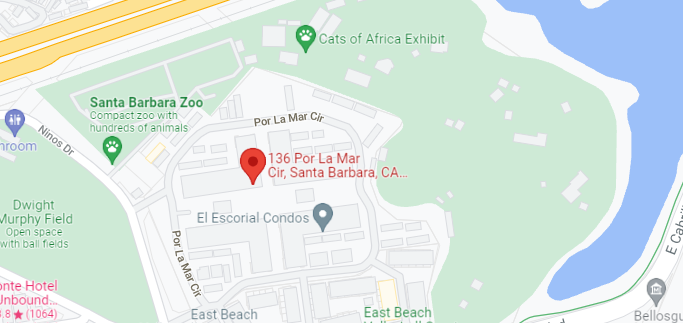Addictive Behavior



Recognizing & Understanding Addictive Behaviors
Understanding addiction as it pertains to a dependence on substances, such as alcohol, drugs, prescription medications, and even nicotine, is not hard to grasp but most people do have difficulty grasping the concept of addictive behaviors. For example, addiction doesn’t just develop over consuming drink and drug. Many people can get hooked on everything from gambling to sex to food.
Some things appear to be so normal that it is difficult to believe people can become addicted to them. Yet the cycle of addiction can still take over. Despite any negative consequences, the yearning to experience a “high” from the behavior becomes so overwhelming that the addict continues to engage in the activity. The individual may also experience withdrawal, negative feelings or emotions, when they don’t engage in said activity.
The Diagnostic and Statistical Manual of Mental Disorders, Fifth Edition (DSM-5) explicitly included Gambling disorder as the only officially recognized behavioral addiction. Even though many experts argue whether behavioral addictions are “real” addictions, some are widely accepted as such.
The concept of behavioral addiction isn’t particular to just psychiatry or psychology. The media has also reinforced the concept of behavioral addiction with notions such as sex addiction, shopping, and even self-injury (cutting), or multiple plastic surgeries.
Also known as process addictions, behavioral addictions follow the same pattern as substance-based addictions. Like the aforementioned they can result in personal problems or lead to destructive results in an individual’s life.
Behavioral addictions have similar effects to substance addictions on relationships, which are often neglected in favor of the addictive behavior, undermining trust and putting pressure on partners and other family members to cover up and make up for difficulties arising from the addiction.
There are many unofficial types of addictive behavior which are recognized by the DSM-5. Many healthcare providers believe these to be “real” addictions and some behavioral addictions are more common than others, including:
- Gambling addiction
- Sex addiction
- Food addiction
- Shopping addiction
- Internet addiction
- Video game addiction
- Exercise addiction
- Work addiction
- Tattoo addiction
- Love addiction
- Porn addiction
If you or a loved one is experiencing any type of addictive behavior, contact Dr. Shafer or another healthcare provider before it’s too late.
Visit or Call to Learn More
136 Por La Mar Circle
Santa Barbara, CA 93103
Office Hours
Mon – Fri — 9:00AM – 6:00PM
Saturday — TBA
Sunday — Closed

Dr. Robert Shafer
136 Por La Mar Circle
Santa Barbara, CA 93103
